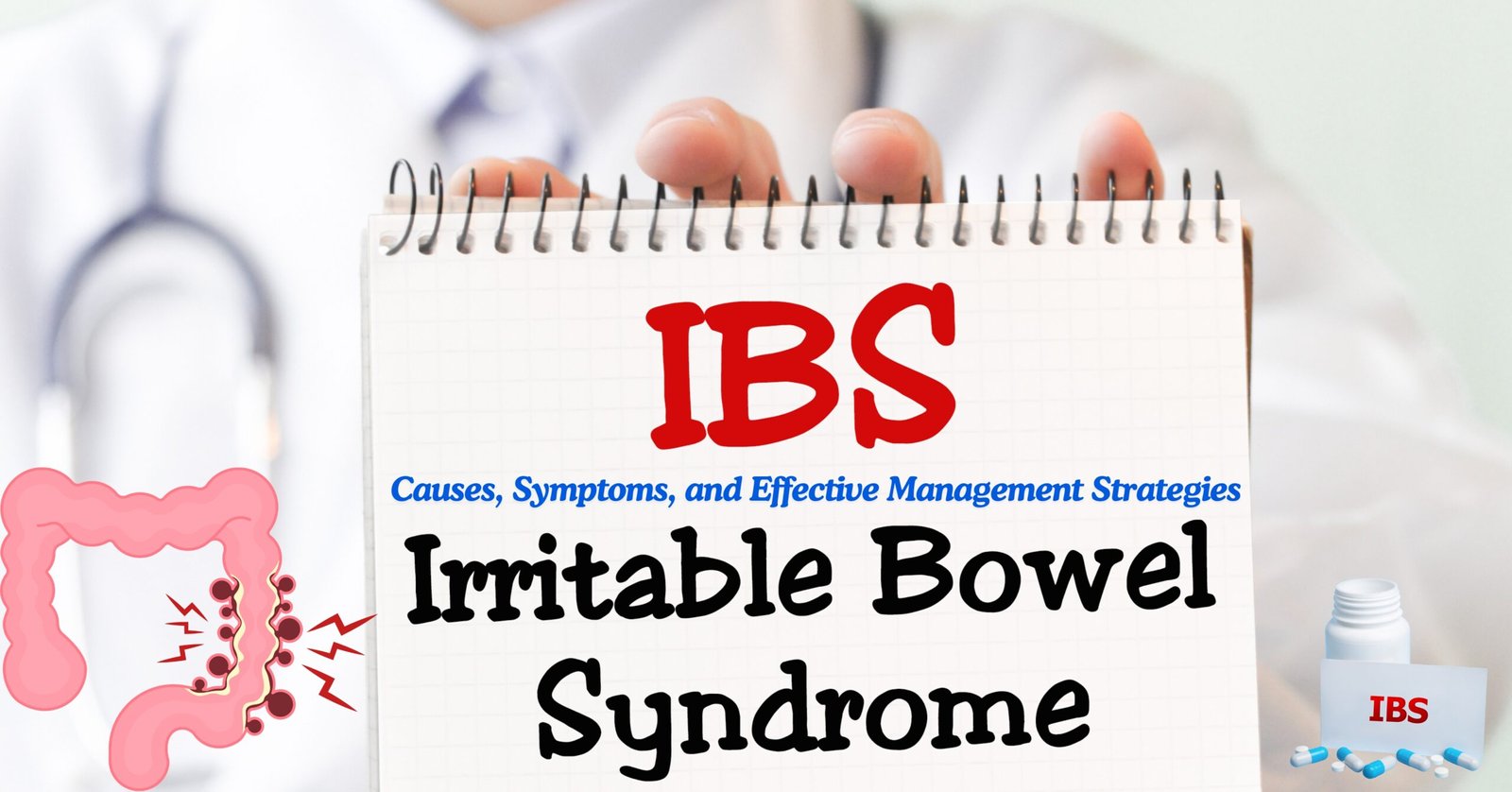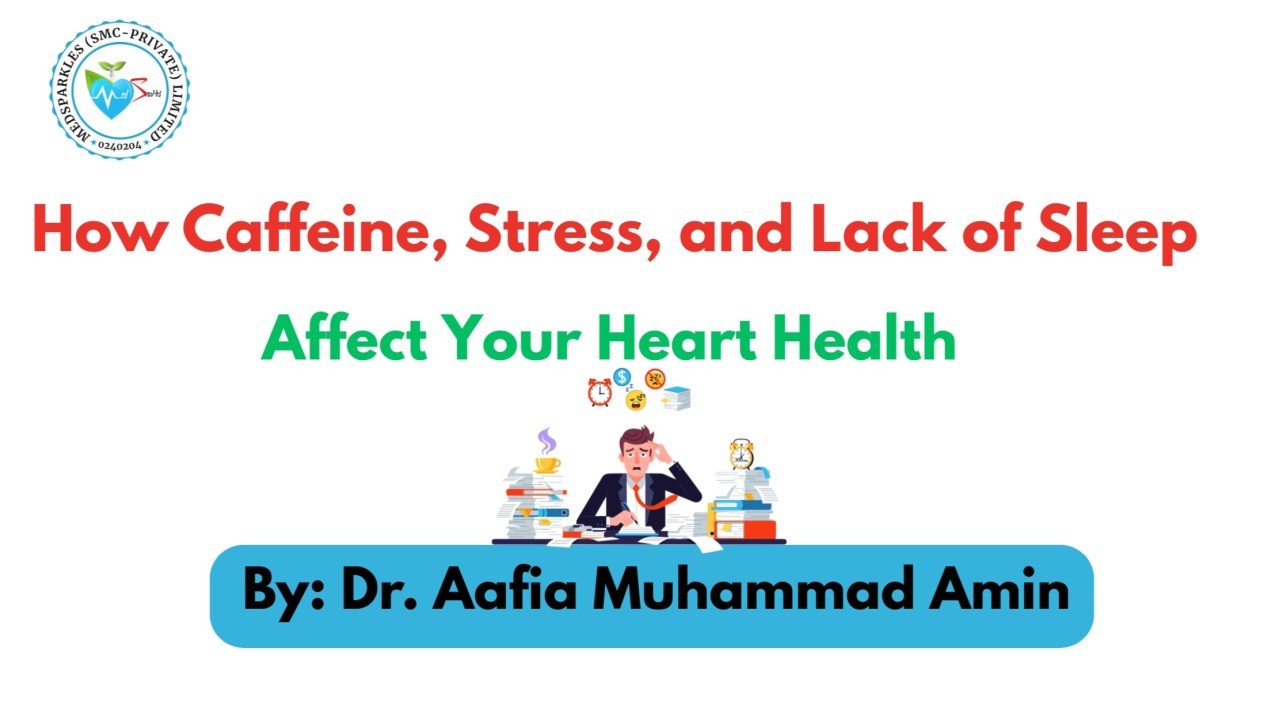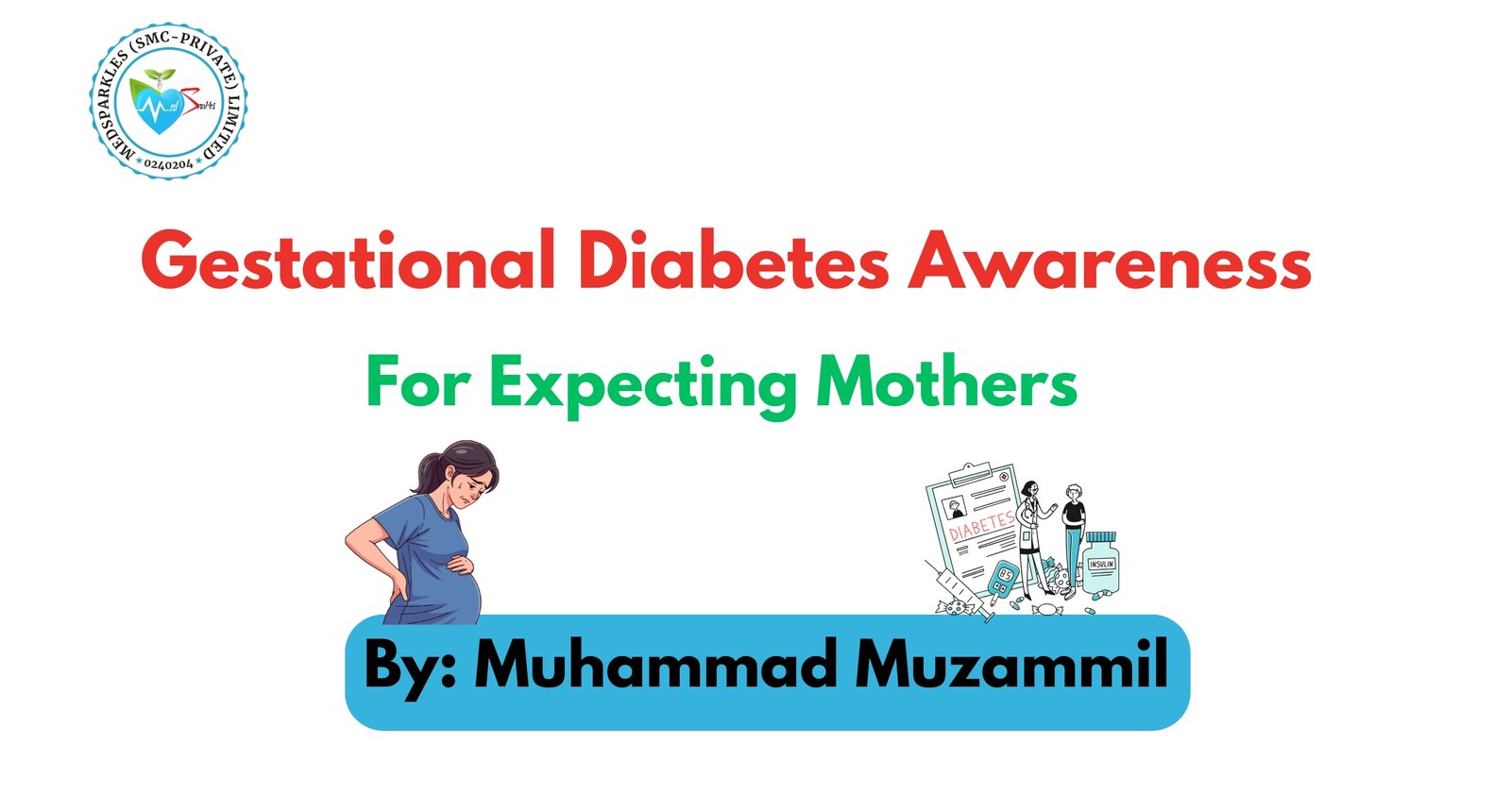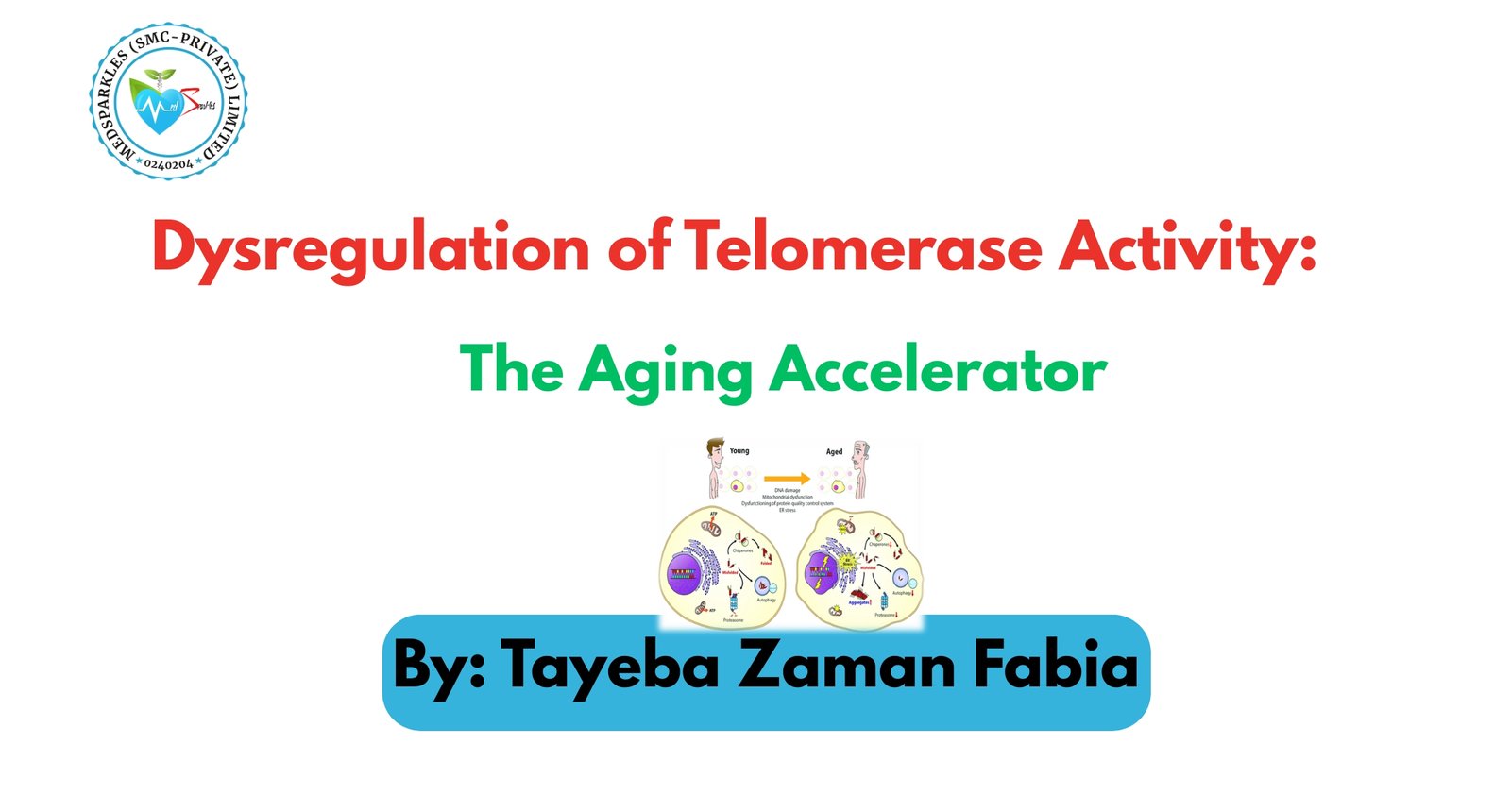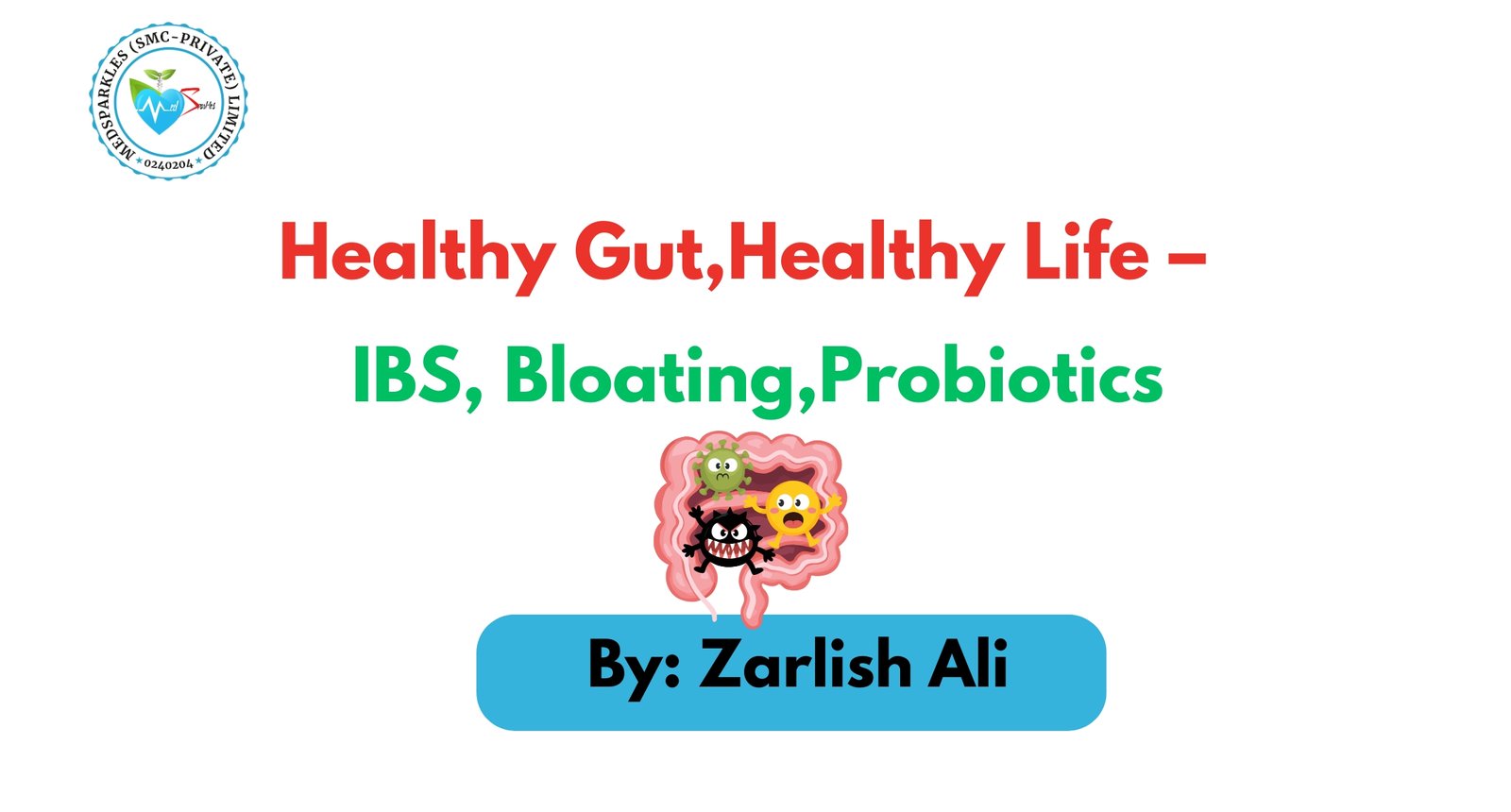Whenever you eat something, you rush to the bathroom? It is it so, you are suffering from gut disease that is irritable bowel syndrome.
IBS causes you discomfort whenever you eat something. There are many reasons behind this some are listed below
- Gut nerves become oversensitive that causes increased or slow bowel moments than usual
- Childhood stress or trauma may disturb gut-brain connection
- GIT microbes also play important role in this disease. Absence of certain microbes worsen the symptoms of IBS
- Allergy to any food can also trigger enhanced bowel movements.
TYPES OF IBS:
Types of IBS depends on the consistency of stools you excrete
- With IBS you may pass hard stools
- With IBS you may pass watery stool
- With IBS you may pass stool with mixed consistency
- Some patients have urgency to go again for defecation right after defecating bowel.
Symptoms of IBS:
Symptoms of IBS include
- Diarrhea
- Constipation
- Urgency for defecation
- Mucus in stool
- Blood in stool
- Abdominal bloating
- Weight loss
- Abdominal pain
- Cramps
Causes of IBS:
Although the precise etiology of IBS is unknown, doctors categorize it as a neurogastrointestinal (GI) illness. These illnesses, commonly referred to as disorders of the gut-brain interface, are caused by dysfunctions in the way your brain and stomach work together to support the proper functioning of your digestive system.
There are many other causes but brain-gut disorder is the leading cause of irritable bowel syndrome.
Following is some of the most common causes of IBS.
Childhood trauma:
Stress in early childhood deeply effects gut-brain interaction. It puts great impact on gut health and increases its motility. Afterwards, with every anxiety attack increase gut motility and diarrhoea comes along as side effect of depression.
Gut microbial flora:
Microbes in gut are not same in people with IBS. IBS alters gut microbial flora leading to increased gut motility.
Food allergy and infection:
If you are suffering from any food allergy like celiac disease, milk allergy or nuts allergy. It often causes more frequent rush to washrooms causing more GIT infections and leads towards severity of IBS.
Treatment options for IBS:

Vast treatment options are there for IBS management. It is best treated with diet changes. It is not advised to plan your diet at home, consult with dietician for diet plan
Below are some available treatment options for IBS
- Avoid food that triggers IBS
- Increase fibre intake like spinach
- Decrease dairy products like milk as it enhances gut motility in people suffering from IBS
- Probiotics must be added in the treatment plan of IBS patient
- Drugs that decrease gut motility i.e antispasmodic drugs are one of the best option for IBS management
- If trigger of IBS is depression then antidepressants are given to patient to decrease gut sensitivity to anxiety.
Conclusion:
IBS is serious but manageable disease. You should not worry too much about it as worrying also increases its likelihood. Precautions must be taken to decrease onset of IBS. Diet management is one of the best and most effective method for treating IBS.
